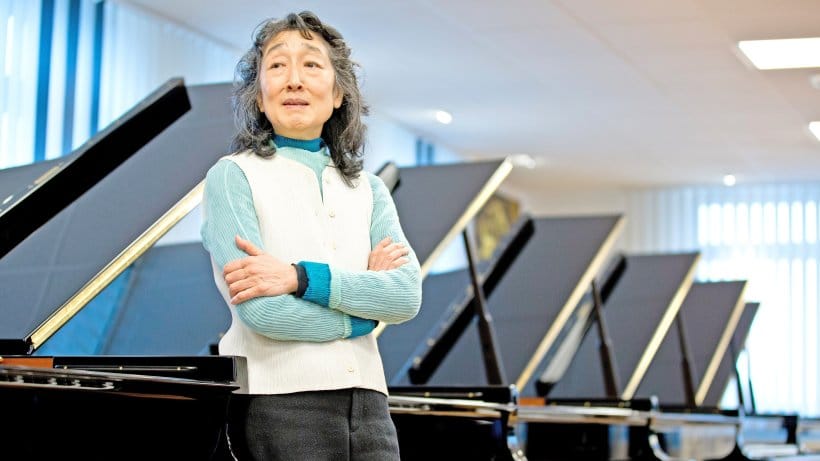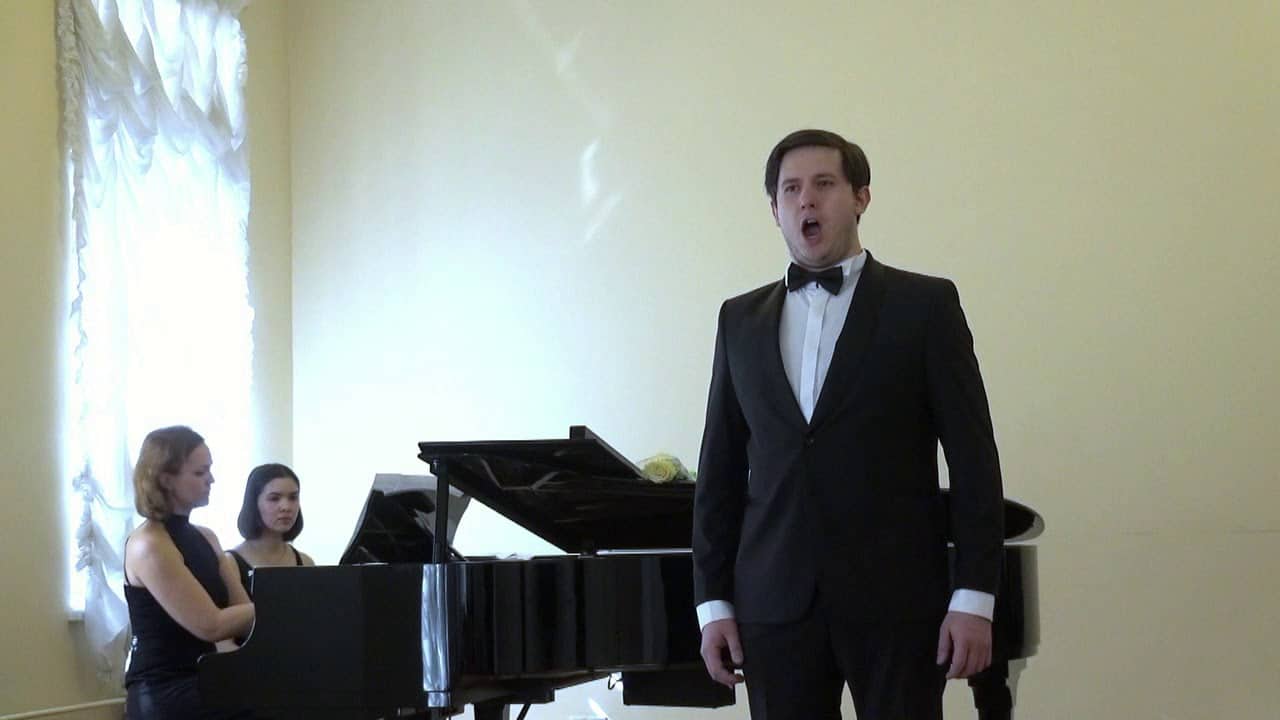How to lose at competitions (and still stay sane)
Daily Comfort ZoneFrom my latest monthly essay in The Critic (out now):
… winning is a nebulous thing, dependent on a whim. Giving marks to people playing a Chopin polonaise is no different from deciding on medals in gymnastics, dressage and judo at the Olympic Games, as we shall see again in Paris this summer.
The spectacle is governed by invisible rules that connect to no verifiable reality. Did Maurizio Pollini play the G minor polonaise in Warsaw 100 per cent better than the long-forgotten Iranian who came third in 1960? All one can say from filmed evidence is that Pollini had the larger personality and, regardless of points scored, looked as much like a winner as the gymnast Olga Korbut….
Read on here.






With reference to the 1976 Leventritt Competition, yes indeed Uchida was among the 5 finalists – and the jury decided there was no winner. But before assuming that America’s best pianists made that decision, consider the opinion of jury member William Steinberg, who stated to the New York Times “I wouldn’t engage any of them.”
There is a 60 minutes report on this exact competition : https://youtu.be/-yYMQ7qBLGc?si=thPKiOofvrwilwlH
Did Maurizio Pollini play the G minor polonaise in Warsaw 100 per cent better than the long-forgotten Iranian who came third in 1960?
I guess you have the answer already.
G minor Polonaise? There isn’t one Norman. I think you mean Ballade.
There is a G-Minor Polonaise, which Chopin wrote when he was 7 years old, and published posthumously.
I don’t want to defend competitions, but… Given a jury with Serkin, Fleisher, and Graffman on it, is it not possible that during that brief period someone like Uchida was not at her best? She has since, of course, established herself as one of the greats, but how good was she at that one very specific point in time? I don’t know the answer.
Dame Uchida certainly has an ego commensurate with her talent.
Why don’t you watch the video, and judge for yourself? https://youtu.be/-yYMQ7qBLGc?si=thPKiOofvrwilwlH
Thanks for the link. It seems that Uchida has improved significantly since then. I was also not impressed by the excerpts from the time she participated in Chopin Competition. Don’t get me wrong, she was obviously very talented back then as well, but she is one of the best nowadays.
In the end, quality will win out. Elena Garanca did not win Cardiff, Pogorelic the Chopin etc. How often did Ravel enter the Prix de Rome? As a teenager, I fell in love with Diana Kacso (who wouldn’t?), but, despite her competition successes, she was never considered one of the pianistic elite.
A win can help, but it doesn’t necessarily mean you’re the best or that you have what it takes to establish yourself in the business.
True. A lot of this is about luck, but it’s also that audiences aren’t stupid. They have good collective ears, and they ultimately decide who they want to hear, not the juries.
Even more to the point, Jessye Norman didn’t win the Metropolitan Opera auditions, and Alfred Brendel got 4th Prize in the Busoni competition.